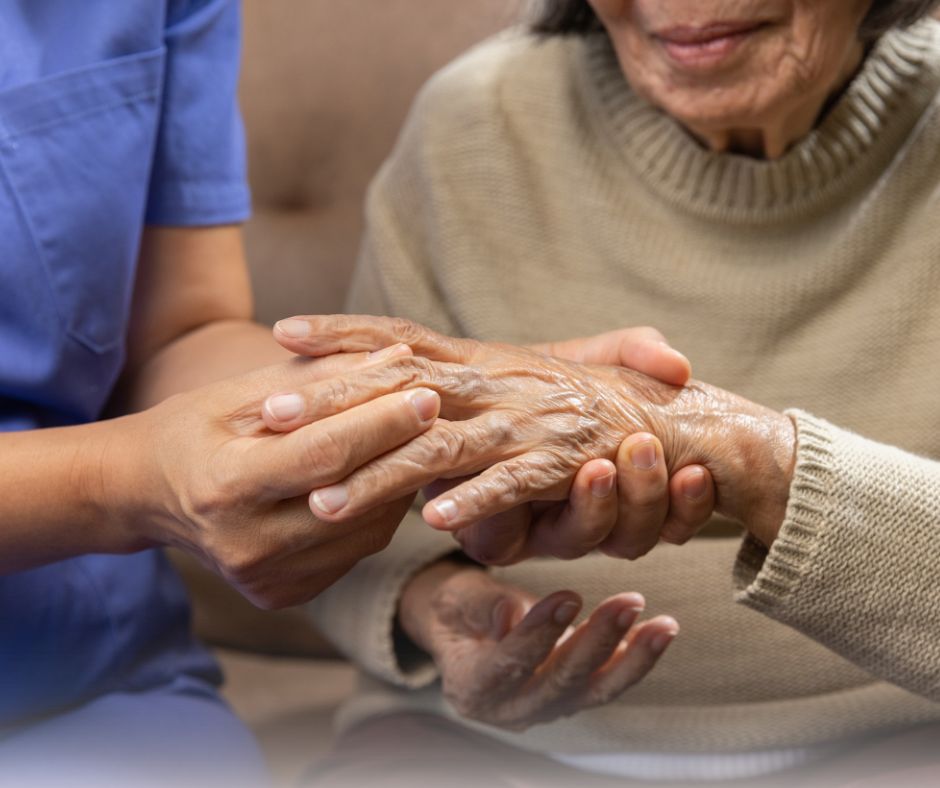Understanding the Role of a Personal Home Care Assistant

There are numerous roles and responsibilities that are often misunderstood or overlooked. One such role is that of a personal care assistant (PCA). So, what is a personal care assistant? In this blog post, Affirmation will delve into the world of personal care assistants, exploring their duties, skills required, and their significance in healthcare with helping carry out client's established plans.
Areas We Serve
- Home care Richmond, VA
- Home care Henrico, VA
- Home care Charles City, VA
- Home care Goochland, VA
- Home care Hanover, VA
- Home care New Kent, VA
Read more:
What Are Personal Care Assistants?
A personal care assistant is a professional who provides assistance to individuals who are unable to perform daily tasks due to physical disability, illness, age-related issues or mental disorders. They provide essential support in maintaining the quality of life for those they serve. Their role can vary greatly depending on the needs of the individual or family they are caring for.
PCAs often work in private homes but can also be found in assisted living facilities and nursing homes. They may work with different types of patients including seniors, people with disabilities or those recovering from surgeries or illnesses. At Affirmation, we count on our personal care assistants to gently and capably meet the needs of our clients, providing a level of care that exceeds expectations. A Personal Care Assistant offers personal care services that are part of a client's established plan of care. For example, they assist with bathing, dressing, grooming, helping those who cannot feed themselves, and transferring from the bed into chairs.
Read more:
Duties and Responsibilities of Personal Care Assistants
The duties of a personal care assistant can be diverse and multifaceted. They primarily focus on assisting with daily activities that their clients may struggle with due to physical or mental limitations.
Personal Hygiene: PCAs assist with basic personal care services like hygiene tasks such as bathing, grooming, dressing and toileting and assist with everyday tasks for living.
Meal Preparation: They may prepare meals according to specific dietary requirements and assist with feeding if necessary. They help to ensure that clients receive the necessary basic nutrition to thrive.
Medication Management: PCAs help manage medication schedules ensuring that clients take their prescribed medication at the correct times.
Mobility Assistance: They assist clients with mobility issues by helping them move around their home or outside for appointments.
Housekeeping: Light housekeeping tasks such as cleaning, laundry and dishwashing may also fall under their responsibilities.
Companionship: Beyond physical assistance with daily living, PCAs provide emotional support and companionship, helping to alleviate feelings of loneliness or isolation.
Read more:
Skills Required for a Personal Care Assistant
Being a personal care assistant requires a unique set of skills. Here are some key qualities that make an effective PCA:
Compassion: A PCA must be empathetic and understanding, as they will be working with individuals who may be in physical discomfort or emotional distress. They are an important part of an in-home care team and vital caregivers.
Patience: They need to have patience as some tasks may take longer than usual due to the client's physical or mental limitations.
Communication Skills: Good communication is crucial in understanding the needs and concerns of the client.
Physical Stamina: The role often requires lifting or moving clients, hence physical strength and stamina are necessary.
Problem-Solving Skills: PCAs should be able to think on their feet and solve problems as they arise.
Read more:
- The Vital Role of Nutrition in Wound Healing
- Assisting with Personal Home Health Care and Hygiene in Richmond, VA
- Welcome Christina Shaw as the New Clinical Manager at Affirmation
The Significance of Personal Care Assistants in Healthcare
Personal care assistants are critical in healthcare, particularly in home-based care settings. They provide essential support that enables individuals with limitations to live independently or with dignity in assisted living facilities.
PCAs often form close relationships with their clients, providing not just physical assistance but also emotional support. This companionship can significantly improve the quality of life for individuals who may otherwise feel isolated due to their health conditions.
Moreover, by assisting with medication management and monitoring health conditions, PCAs contribute significantly towards maintaining the health and well-being of their clients. They are a vital link between the client and other healthcare professionals, promptly reporting any changes or concerns.
In conclusion, personal care assistants are unsung heroes in our healthcare system. Their dedication, hard work, and job duties ensure that those who need assistance can continue living fulfilling lives despite their limitations. Understanding what a personal care assistant is helps us appreciate this crucial role even more – it’s not just about providing care; it’s about enhancing lives one day at a time.
Learn more about Affirmation's Personal Care Pathway today!

Affirmation is a not-for-profit organization created by LifeSpire of Virginia and Pinnacle Living.
Quick Links
Compassionate In-Home Care in Richmond
All Rights Reserved | Affirmation | Site Built By Rank Rocket Creative Studios







